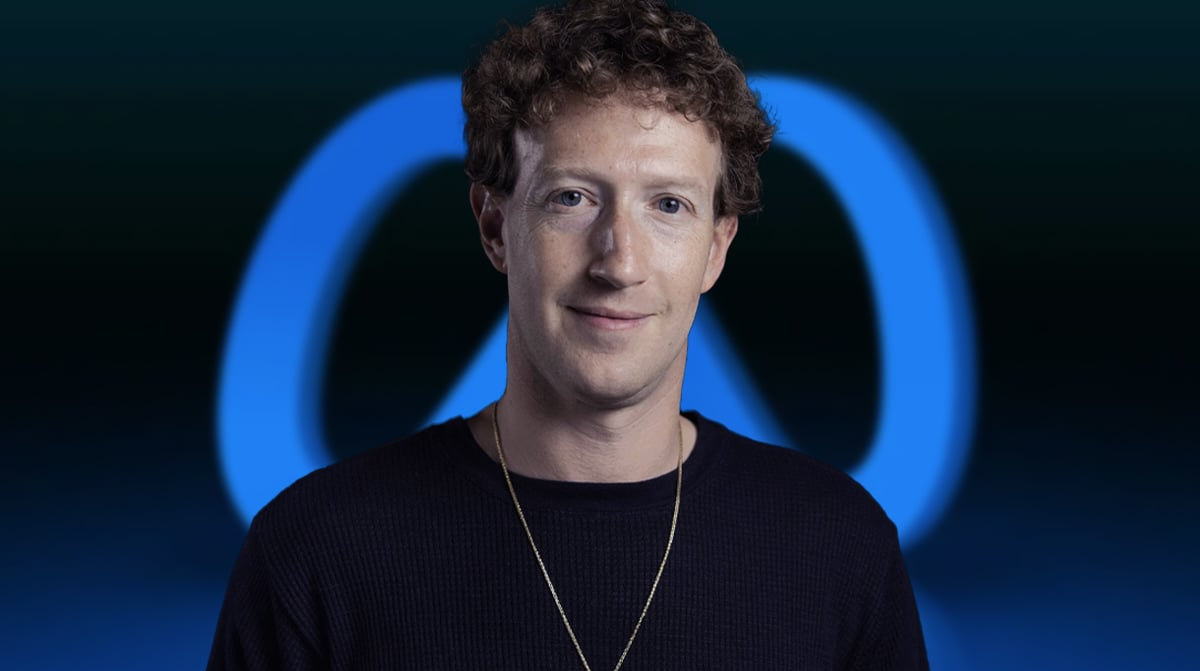“

Yevgeny Demkivskyi Mezha.Media news writer and geek. I write about technology, movies and games. Maybe about games with a little more passion.
The plaintiff companies, known by the brands Vixen, Tushy, Blacked and Deeper, claim to have used BitTorrent tools to discover IP addresses belonging to Meta. They suspect that this content was used to train an “adult” version of the AI model on which Movie Gen works. In addition, the plaintiffs allege the existence of a “hidden network” of 2,500 IP addresses.
Meta says in response that the first downloads took place as early as 2018, well before the company’s LLM and generative video work began in 2022. The company also emphasizes that its policy strictly prohibits the creation of adult content, and the small number of downloads likely indicates personal use by employees or third parties who had access to the corporate network.
The defense also cited a case involving a contractor who the company said downloaded content at home for personal, non-work-related reasons. Meta claims the lawsuit lacks sufficient evidence and is “inconsistent with the facts.”
The lawsuit comes amid a series of lawsuits against AI companies over the alleged use of pirated data to train models. In August, Anthropic agreed to pay the authors $1.5 billion, and in September, Apple also became a defendant in the case of using scientific works to train AI.
”, — write: www.pravda.com.ua

Yevgeny Demkivskyi Mezha.Media news writer and geek. I write about technology, movies and games. Maybe about games with a little more passion.
The plaintiff companies, known by the brands Vixen, Tushy, Blacked and Deeper, claim to have used BitTorrent tools to discover IP addresses belonging to Meta. They suspect that this content was used to train an “adult” version of the AI model on which Movie Gen works. In addition, the plaintiffs allege the existence of a “hidden network” of 2,500 IP addresses.
Meta says in response that the first downloads took place as early as 2018, well before the company’s LLM and generative video work began in 2022. The company also emphasizes that its policy strictly prohibits the creation of adult content, and the small number of downloads likely indicates personal use by employees or third parties who had access to the corporate network.
The defense also cited a case involving a contractor who the company said downloaded content at home for personal, non-work-related reasons. Meta claims the lawsuit lacks sufficient evidence and is “inconsistent with the facts.”
The lawsuit comes amid a series of lawsuits against AI companies over the alleged use of pirated data to train models. In August, Anthropic agreed to pay the authors $1.5 billion, and in September, Apple also became a defendant in the case of using scientific works to train AI.
